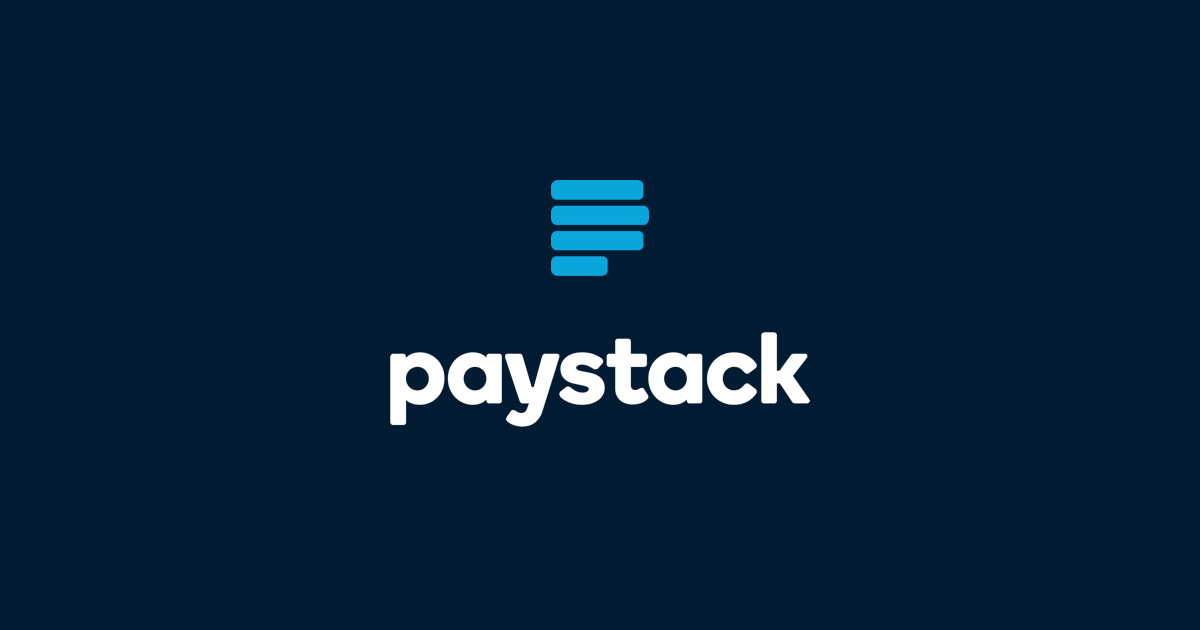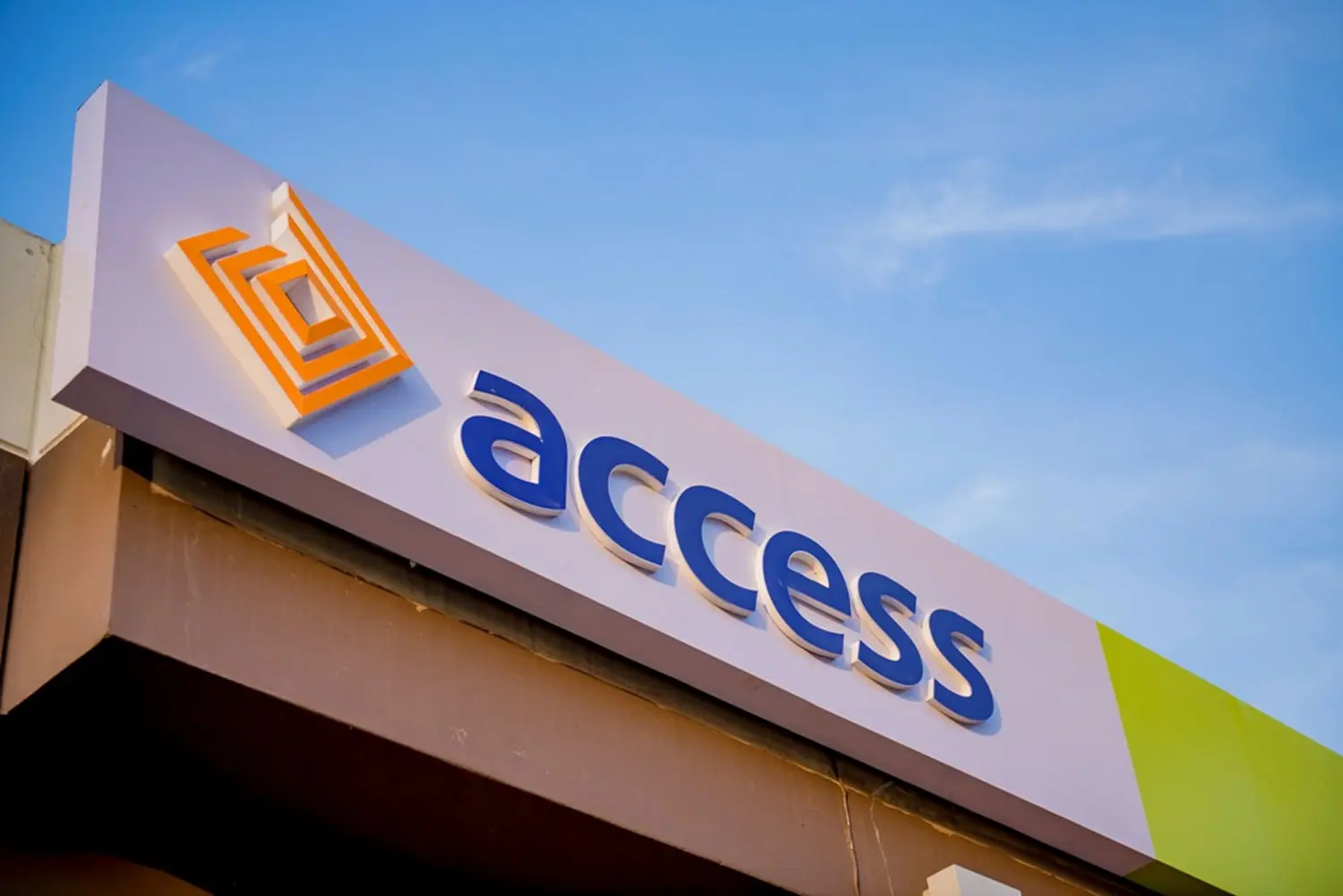Cash may still be king on Nigerian streets, but bank transfers have become the favorite for online transactions. Bank transfers accounted for over half of all transactions processed by Paystack, the Stripe-owned Nigerian fintech, in 2023, doubling the figure from the previous year.
Data from Paystack showed that bank transfers represented 58% of transactions in Nigeria in 2023, up from 28% reported in 2022. Card payments accounted for 36% of Paystack transactions in 2023, while internet banking and other payment options represented 4% and 2% respectively.
Paystack introduced pay with bank transfer in 2017, supporting seven financial institutions and the payment method has surged in popularity in recent years. The company’s broader strategy to expand beyond web-only payment collection has likely contributed to the surge in the adoption of bank transfers. In October 2023, it launched virtual terminals that allow merchants to accept payments with bank transfers for multi-person businesses. It also introduced Paystack-Titan virtual accounts—off the back of a partnership with Titan Trust Bank—which the fintech claims cut the latency of bank transfers to less than 8 seconds.
“Bank transfers are fast becoming the go-to payment method for a growing number of consumers in Nigeria,” Shola Akinlade, Paystack CEO told TechCabal in October 2023. In a low-trust environment where buyers and sellers want payment confirmation before completing a sale, bank transfers have become the preferred method of payment.
The growth in the bank transfer payment channel shows that Paystack’s broader focus on non-card alternatives is paying off. In November 2023, the fintech launched a direct debit product that allows Nigerian businesses to charge customers’ bank accounts directly. The largest single transaction on Paystack in 2023 was via direct debit: ₦261 million.
In the past year, Paystack has been looking to develop fintech products on top of consumers’ bank accounts. This approach cuts out debit cards, which have long played the role of middleman between merchants and consumer payments. However, card transactions, with its pool of fintech participants, carry additional costs to merchants and users, causing the final transaction amount to rise slightly above the original price of the service.





















